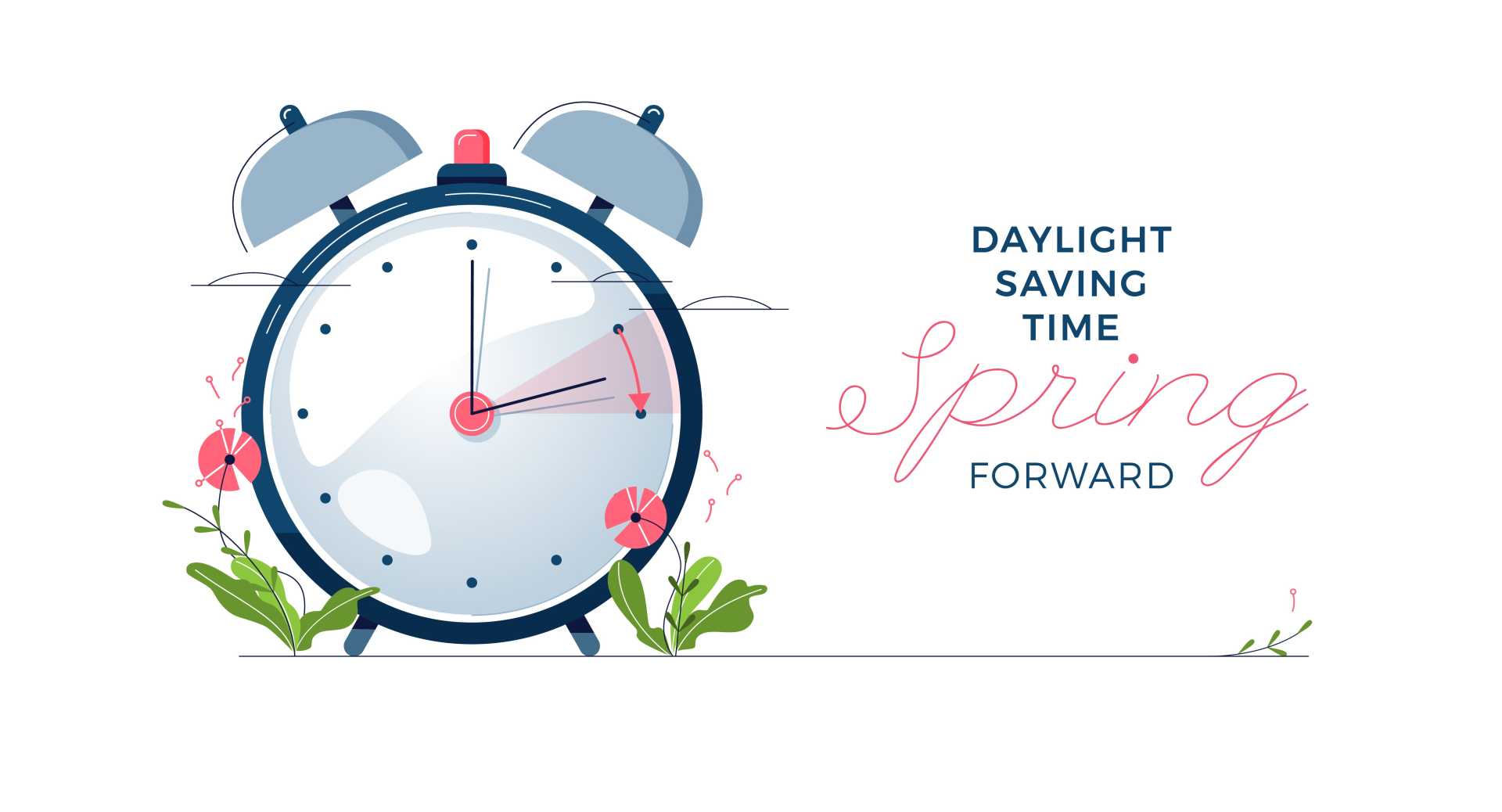News
Daylight Saving Time Starts Sunday Amid Ongoing Congressional Debate

WASHINGTON, D.C. — This Sunday, March 9, most of the United States will spring forward as daylight saving time (DST) begins, prompting a renewed discussion in Congress about making the time change permanent.
As 2 a.m. approaches on Sunday, clocks will move ahead by one hour, which means many Americans will lose an hour of sleep Saturday night. However, the shift will result in longer sunlight in the evenings, with sunset occurring later in the day.
For those relying on smartphones as alarm clocks, no adjustments are necessary, as the devices will automatically update. Others using traditional clocks will need to manually set their time ahead by one hour before bed.
Daylight saving time is observed across nearly all of the U.S., with a few exceptions. Notably, the Navajo Nation in Arizona follows DST, while some U.S. territories including Hawaii and parts of Arizona do not.
Lawmakers have debated amendments to DST for years. Senators Patty Murray (D-Wash.) and Rick Scott (R-Fla.) have reintroduced a bipartisan bill aimed at eliminating the time change altogether, advocating for permanent daylight saving time.
The concept of changing the clocks originated in 1918 during World War I to conserve fuel. Today, proponents argue that the most significant advantage is the later sunsets that accompany the time change. For instance, regions in the northern U.S., such as Washington and Minnesota, can expect over an hour and a half more daylight as spring progresses.
In major urban areas such as New York and Chicago, residents will experience approximately 80 additional minutes of daylight this March, with sunset times shifting nearly 100 minutes later by the month’s end.
The sentiment regarding daylight saving time is mixed. Even President Donald Trump has characterized the issue as a “50-50” matter, reflecting a divided public opinion. During a recent press event, he remarked, “some people want to have more light earlier because they don’t want to take their kids to school in the dark.”
Additionally, Elon Musk recently engaged his X followers in a poll about preferences regarding the time change. The results showed that 58.1% of respondents preferred more evening light, while 41.9% favored the earlier morning light.
Daylight saving time, taking effect on the second Sunday of March and ending on the first Sunday in November, was reestablished nationwide by the Uniform Time Act of 1966. Over the years, it has garnered critics who argue it adversely affects health and safety, linking it to increased heart issues and accidents.
Opponents of DST advocate reverting to standard time year-round for potentially better health outcomes, while proponents tout benefits such as reduced energy consumption and enhanced quality of life. Throughout the years, legislative advancements have aimed to finalize changes to the practice, with notable efforts like the Sunshine Protection Act introduced in 2022, which did not reach a vote in the House.












